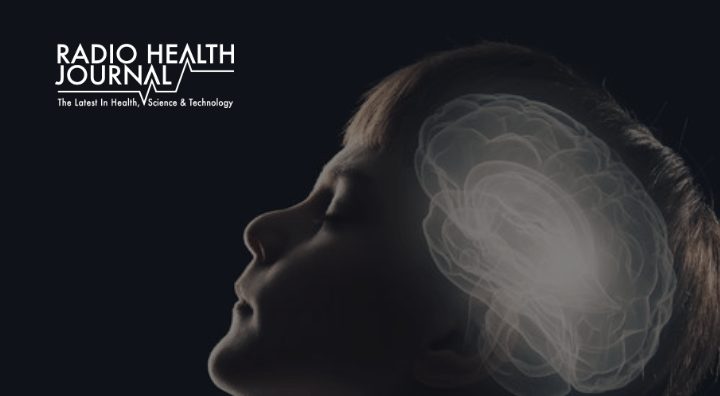More than 30 million Americans suffer from food allergies, and desensitizing them with oral immunotherapy can take six months to a year. It’s also very tricky and requires close medical supervision. But a new study in the journal JCI Insight shows that injectable antibody treatment can be much quicker. Just one injection allows people with severe peanut allergy to eat a nut’s worth of peanut protein only two weeks later. The injections interfere with the molecule interleukin-33 and could be the answer for any food allergies a person has, not just one.
People suffering from depression may find some improvement by taking aspirin or ibuprofen. A study in the Journal of Neurology, Neurosurgery and Psychiatry shows that over-the-counter anti-inflammatory drugs are 80 percent better than placebo at fighting depression and are much safer. They could also be an alternative for the 30 percent of people who don’t respond to antidepressants.
And finally…if you spend your workday wearing headphones, listening to music, you may be a lot less productive than you think. A study in the journal Applied Cognitive Psychology shows that people listening to music fare worse at word tasks than people in either a quiet environment or a room with just a little noise. However, the task doesn’t seem quite so unpleasant.
Medical Notes 19-51: Week of December 22, 2019
More than 30 million Americans suffer from food allergies, and desensitizing them with oral immunotherapy can take six months to a year. It’s also very tricky and requires close medical supervision. But a new study in the journal JCI Insight shows that injectable antibody treatment can be much quicker. Just one injection allows people with severe peanut allergy to eat a nut’s worth of peanut protein only two weeks later. The injections interfere with the molecule interleukin-33 and could be the answer for any food allergies a person has, not just one.
People suffering from depression may find some improvement by taking aspirin or ibuprofen. A study in the Journal of Neurology, Neurosurgery and Psychiatry shows that over-the-counter anti-inflammatory drugs are 80 percent better than placebo at fighting depression and are much safer. They could also be an alternative for the 30 percent of people who don’t respond to antidepressants.
And finally, if you spend your workday wearing headphones, listening to music, you may be a lot less productive than you think. A study in the journal Applied Cognitive Psychology shows that people listening to music fare worse at word tasks than people in either a quiet environment or a room with just a little noise. However, the task doesn’t seem quite so unpleasant.
Sign up to receive email updates
Enter your name and email address below and I’ll send you periodic updates about the podcast.











Leave a Reply